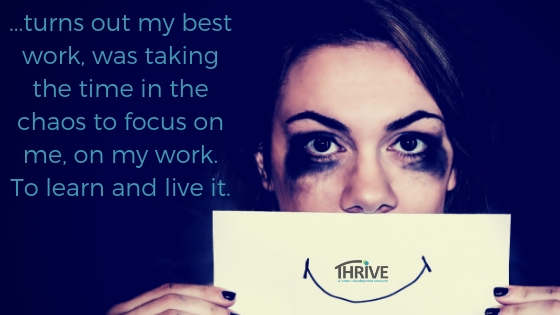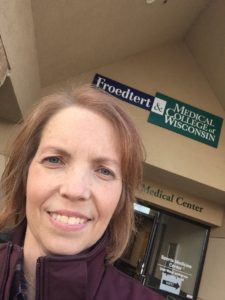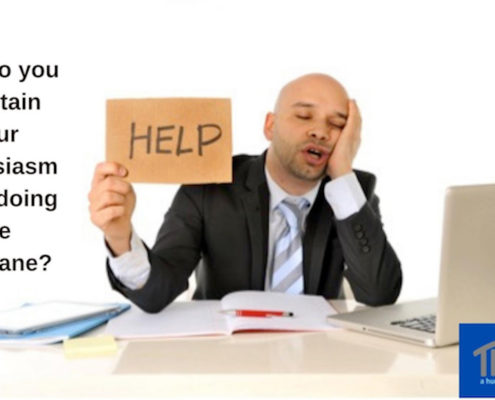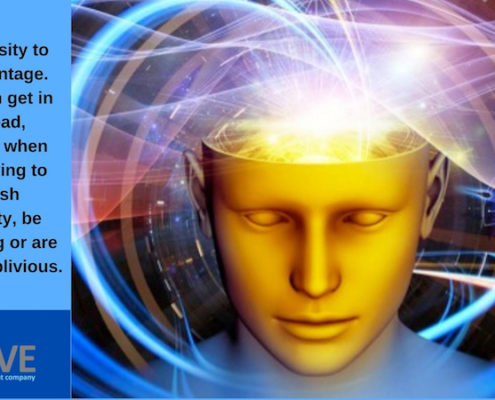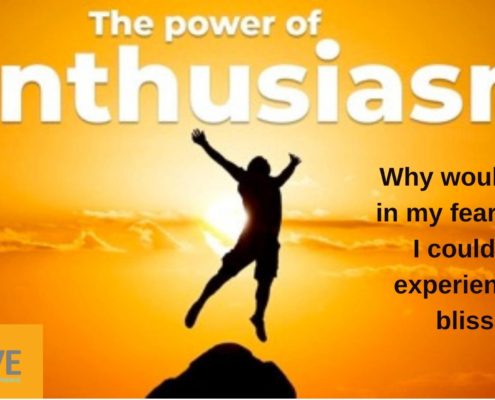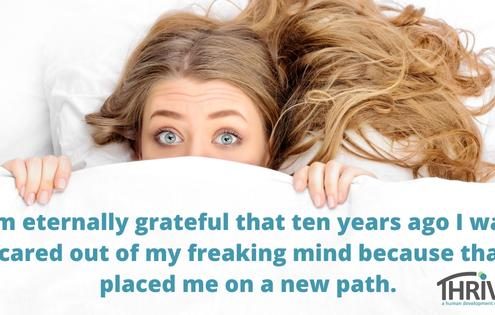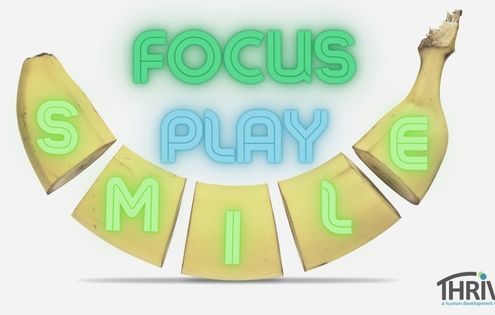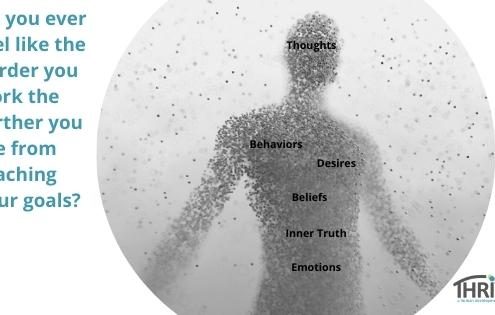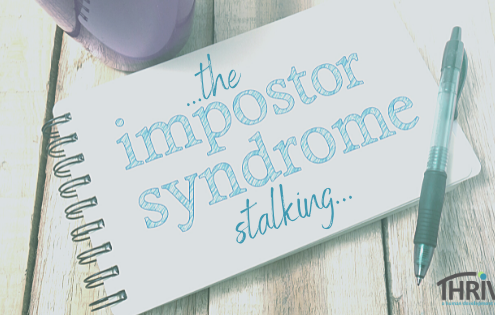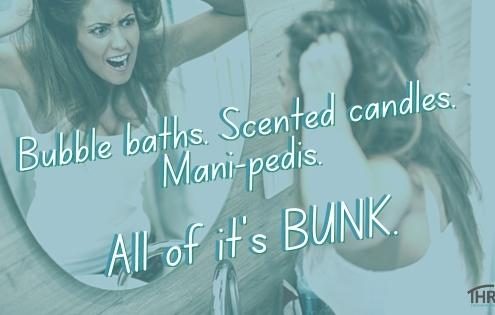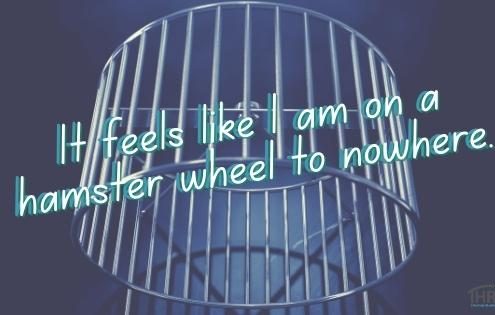 https://thrivehdc.com/wp-content/uploads/2023/02/Did-Someone-Say-Assessment-.jpg
1080
1920
Lori Kuhn
https://thrivehdc.com/wp-content/uploads/2018/01/T-Logo-300x132.png
Lori Kuhn2023-02-09 16:41:552023-02-09 16:46:10Did Someone Say Assessment?
https://thrivehdc.com/wp-content/uploads/2023/02/Did-Someone-Say-Assessment-.jpg
1080
1920
Lori Kuhn
https://thrivehdc.com/wp-content/uploads/2018/01/T-Logo-300x132.png
Lori Kuhn2023-02-09 16:41:552023-02-09 16:46:10Did Someone Say Assessment?No one could hear the sobs. Not so much because I was sitting alone in my car in the driveway but because they were inaudible, gut-wrenching, soul-level sobs.
Is it not enough that I’ve been sick since sixth grade? Is it not enough that at fifteen I experienced my first of two kidney transplants? Now, it’s my job to help someone so inexplicably close to my heart and soul through their own chronic health journey?
“I can’t do this. I can’t do this anymore. I don’t want to do this anymore,” were the thoughts that propelled the tears. Then the words escaped my mouth. “I can’t do this. I can’t do this anymore. I don’t want to do this anymore! No, I can’t do it. I am not going to go inside.”
Then, I went inside. To continue on. As humans having a life experience do…
I had sat in my car crying before. The first time was just several months earlier in a parking lot crying, unabashedly, about a bit of news about my someone so inexplicably close to my heart and soul. This wasn’t an “it’s ok to cry, crying gets the sad out of you*,” cry. This was gut-wrenching, soul-level sobs.
This wasn’t like me.
I quickly dialed EAP. I had family and friend love and support yet I knew that I needed more. EAP couldn’t get me in to see a therapist for four weeks. FOUR WEEKS. I could barely breathe to call them. Ok, make the appointment. In the meantime, I went to my primary care doctor for some immediate relief, anti-anxiety medication. That helped and at the same time it didn’t.
I saw the therapist for the number of covered visits and then stopped because the therapist was more interested in meeting my someone inexplicably close to me instead.
A month or so after the driveway sobs, the the physical manifestation of the anxiety began. The inability to get out of a fetal position due to abdominal pain. The brain fog. Not wanting to eat. The short, shallow breathing.
The medication alone wasn’t helping as much as I had hoped. I had no energy to test out another therapist and history reminded me that I never wanted to talk to the hospital social worker or psychologist in my youth and I am not sure why. So the anxiety continued, worsened. My relationships became strained in my view because I wasn’t able to function as myself. (Oh, did I mention that I was also laid off from my job around the same time?).
I just knew there was something more out there to help me. At the time of my second transplant in 2012 I had used guided imagery to help calm my nerves about the surgery so I decided to sign-up for a Mindfulness Based Stress Reduction course.
In thinking about what to do next in my job-life, I decided to ask an acquaintance about her career as a life coach and in the personal development arena. The coffee meeting led to me deciding to give life coaching a try. I signed up for Coach Skills Training and the rest, as they say, is history.
In the midst of living in such agonizing anxiety and pain I wasn’t sure how I was going to “do my best work” – yet it turns out my best work, was taking the time in the chaos to focus on me, on my work. To learn and live it. And that has made all the difference.
I now practice meditation, recognize awarenesses as they come and put into practice the six things we all have already (our H-IOS components) to help me work through when twinges of anxiety pop-up and decide how I want to move forward in life. I decided to phase out my anxiety medication and am amazed at how my focus on “being where my feet are” no matter the situation influences how I experience life…for the better!
“We” always think that it will be better, easier, faster to just white-knuckle through whatever it is we are going through AND THEN find a way that feels better once we are through the worst of it.
You are already depleting your energy to just barely get through it WHILE putting your entire being through suffering. Why not use the situation as your teacher AND find a better way in live-time? Which is a more useful, less destructive use of your energy?
My vote is for you to work on you every time. As this Learning and Development month wraps-up, I invite you to look at where you aren’t living your fullest, most fulfilling life and decide to work on you. It is worth it. Every. Time.
*“It’s Alright to Cry” by Rosey Grier
Playing with the Author
Jenn Fredericks
It gets better. You can make it better for yourself. I can guide you on the journey.

